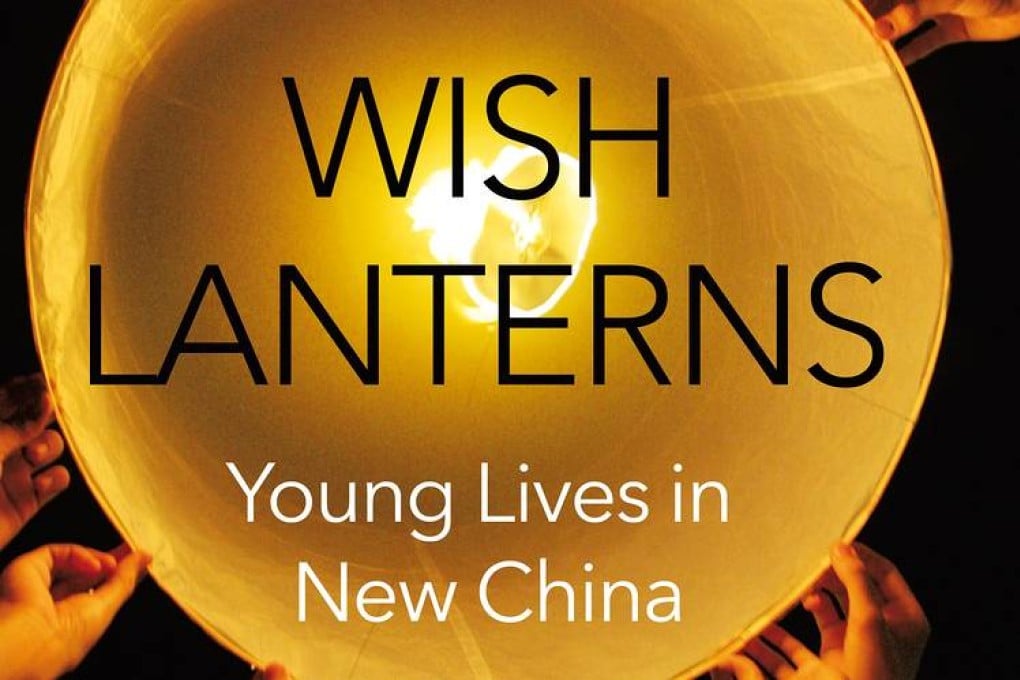Alec Ash's "Wish Lanterns" Lays Bare the Dreams and Fears of Six Millennials in Modern China
Picador, 2016.
★★★★★

Living in Hong Kong, it’s easy to think of China as that monolithic dragon; the giant north of the border full of “locusts” and hostile dictators. It simplifies the narrative, makes the whole vast country easier to hold in your head.

But that’s not how it works, is it? China is home to more than 320 million people in their teens and 20s, those with no memory of revolutions, of Mao or Tiananmen Square. They’re just trying to make a place for themselves in the world.
“Wish Lanterns” follows six of them, young Chinese millennials growing up in a frantically modernizing China. Alec Ash, a Beijing-based writer and journalist (and, full disclosure, friend of mine) spent years with these six, befriending them and delving into their dreams.
There’s Dahai, son of a military officer who finds himself stuck in a low-paying state job. His only solace is the internet, the only place he can express his anger—via euphemisms and workarounds, of course. He styles himself a “penis hair,” netizen slang for “loser.”
There’s Xiaoxiao, a vintage store owner and barista who’s always dreamed of the wider world. Or Fred, the intellectual daughter of a Communist Party official, whose politics shift across the spectrum as she spends time in Beijing, New York and Taipei.